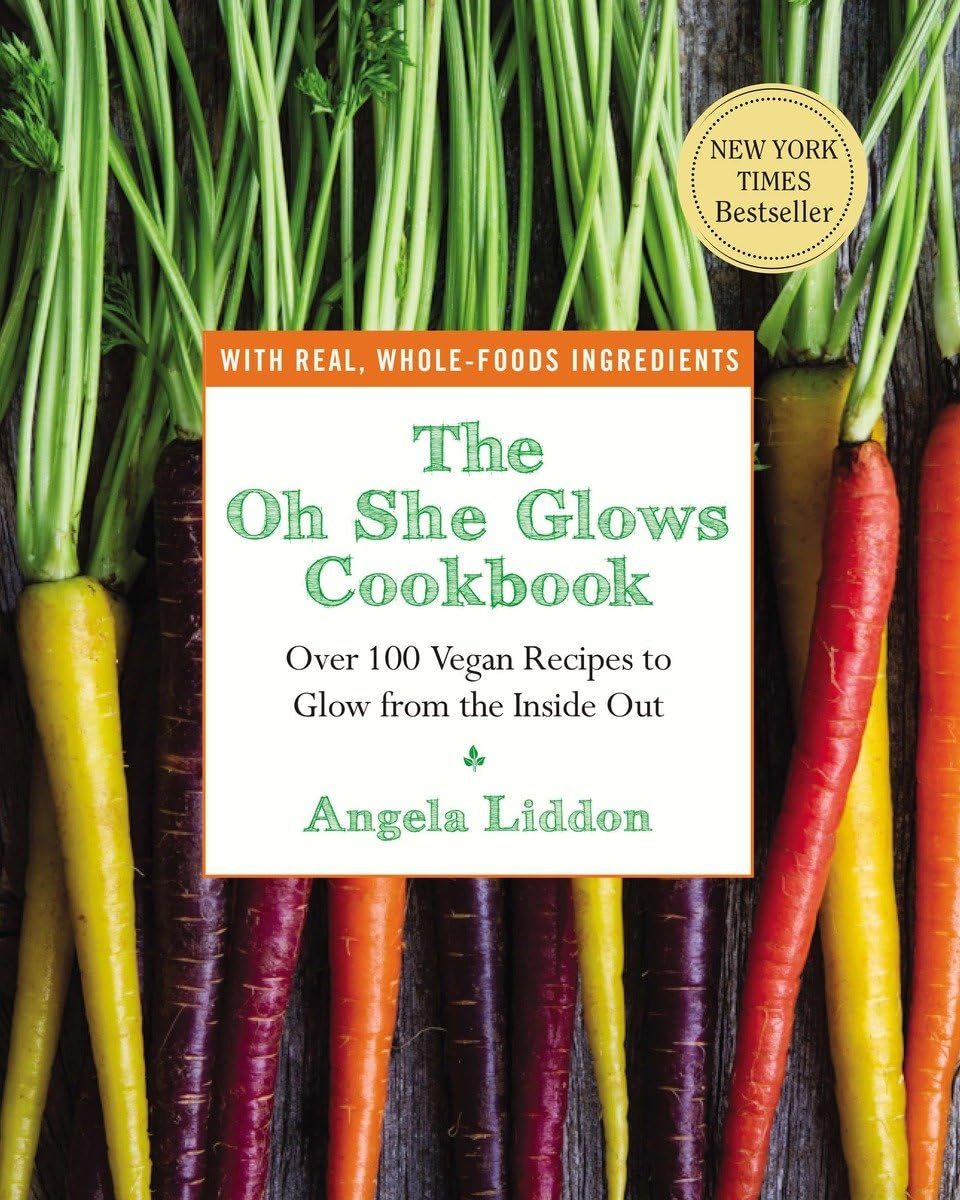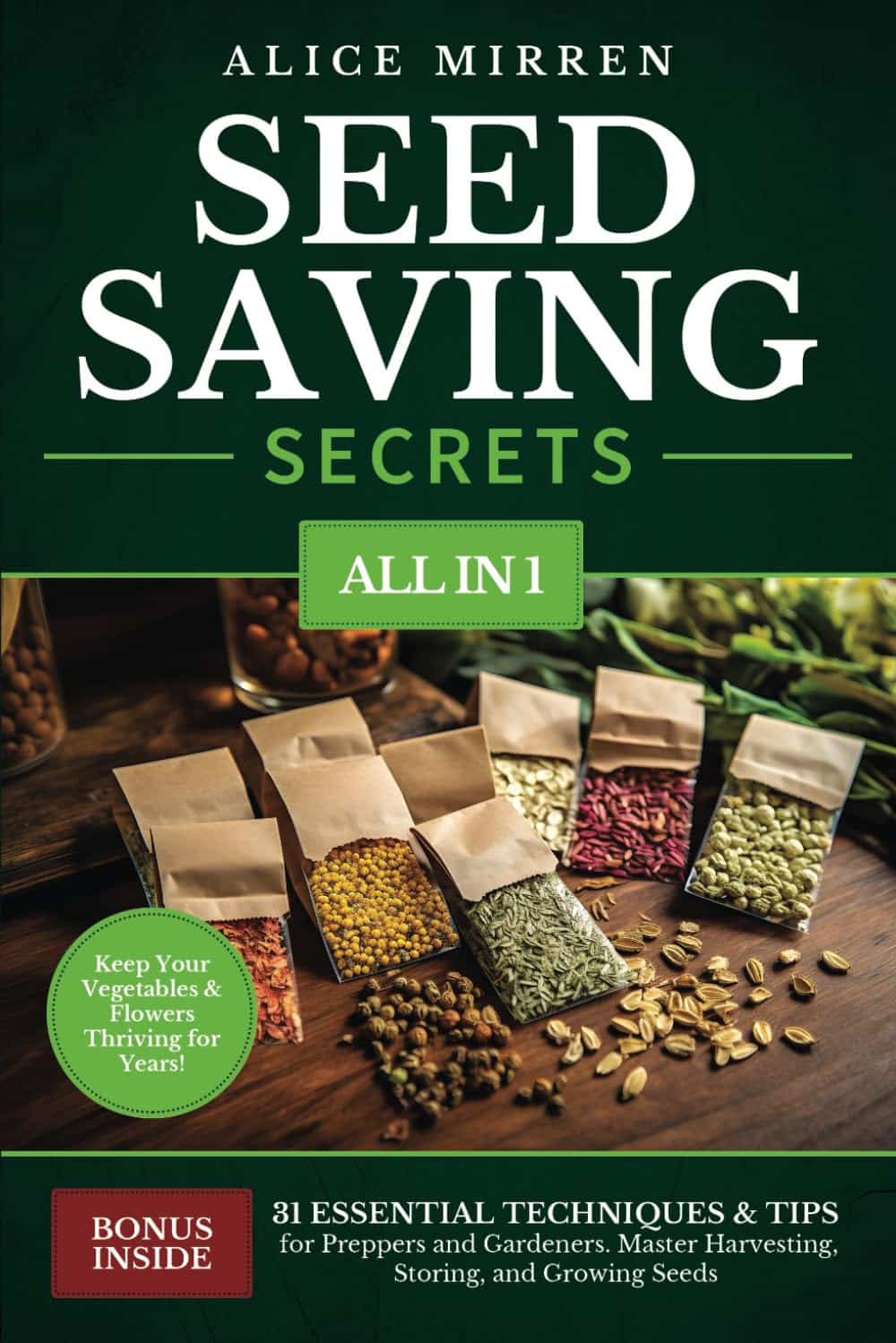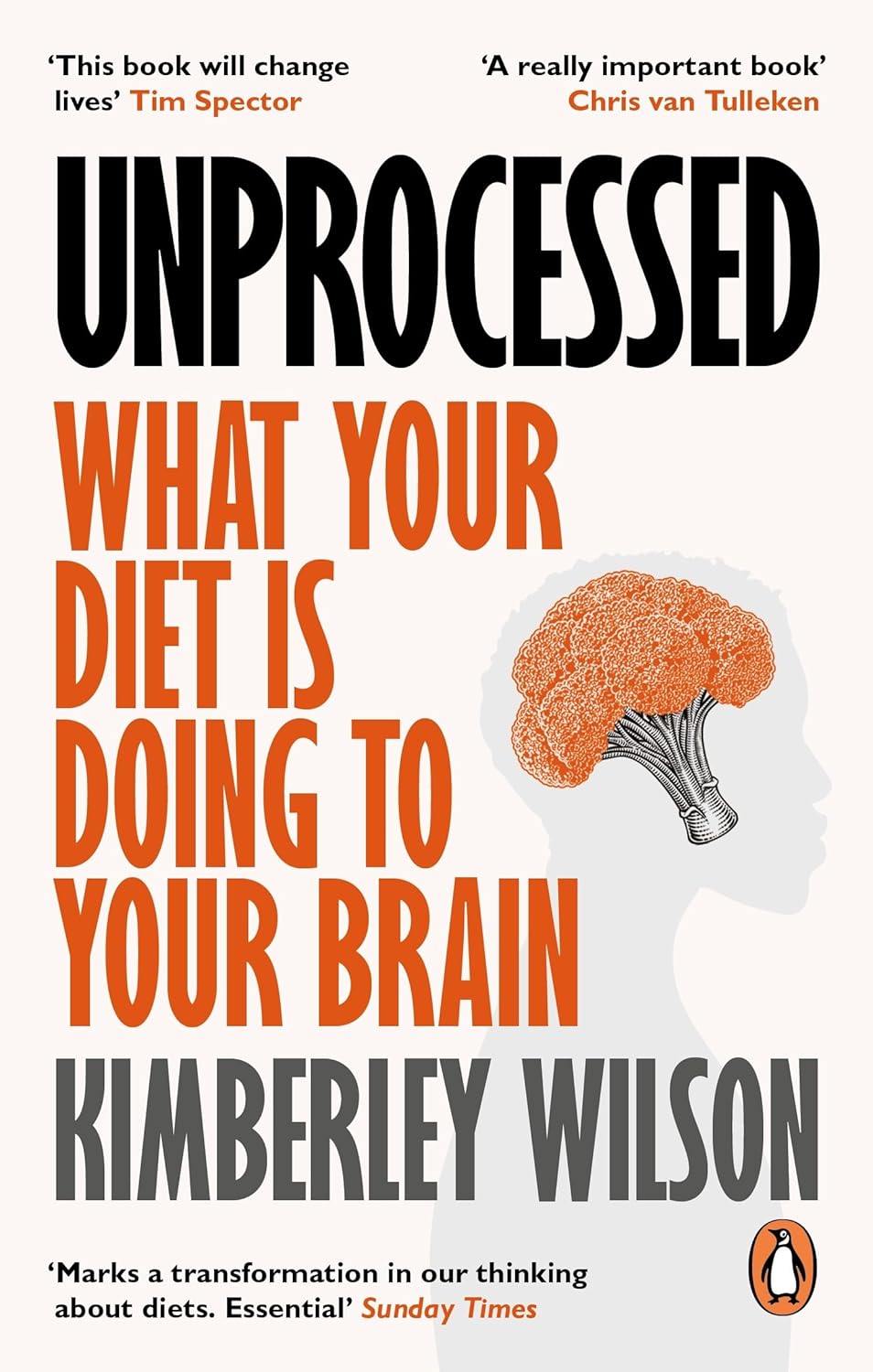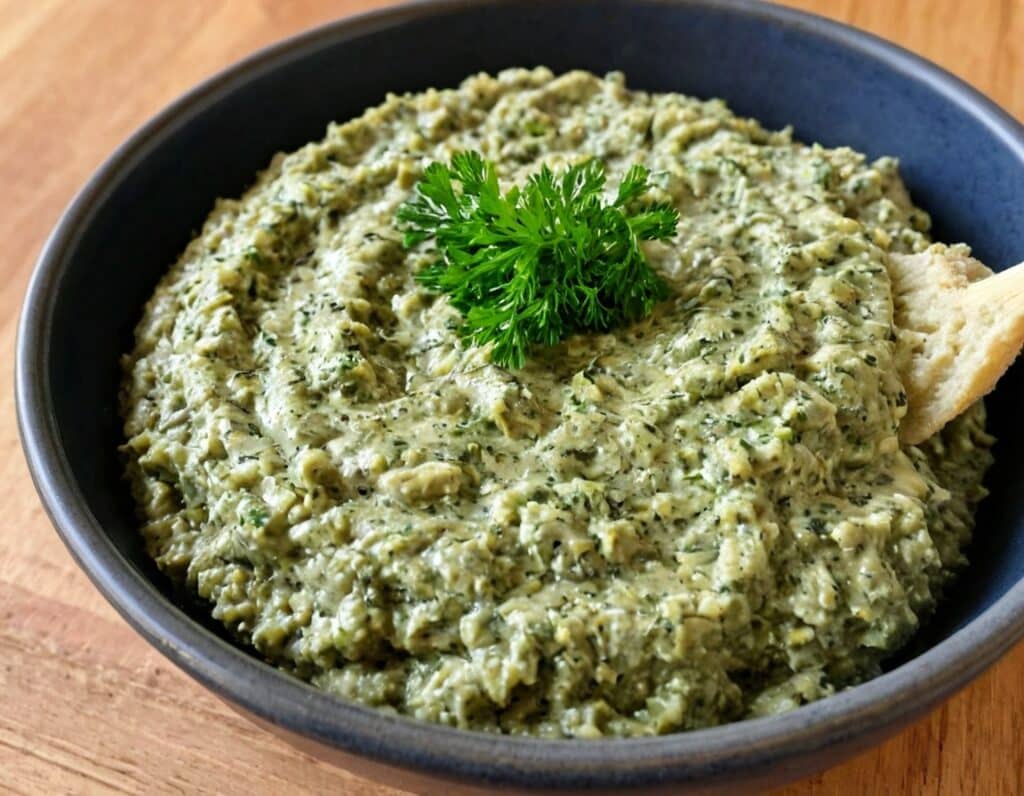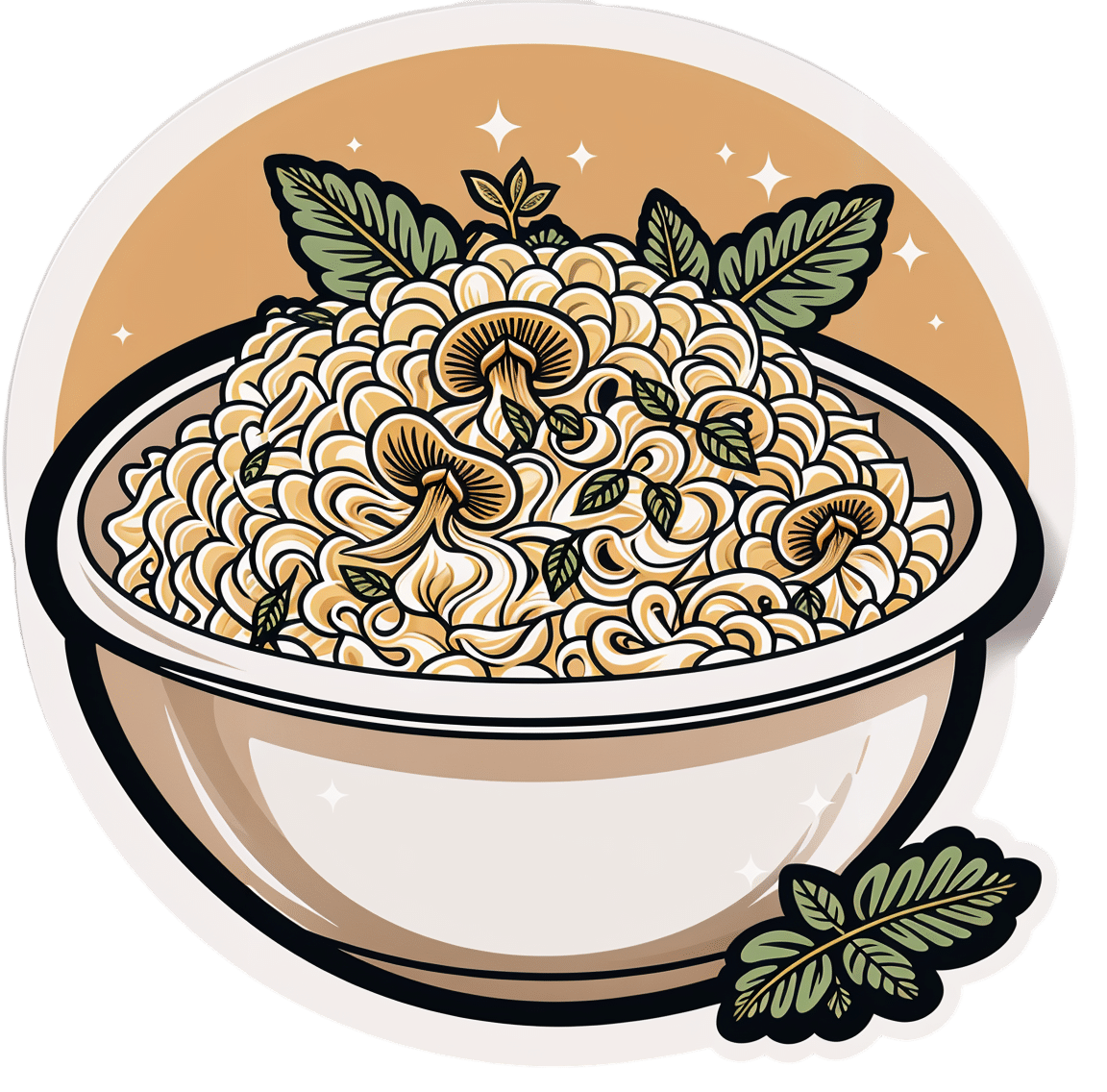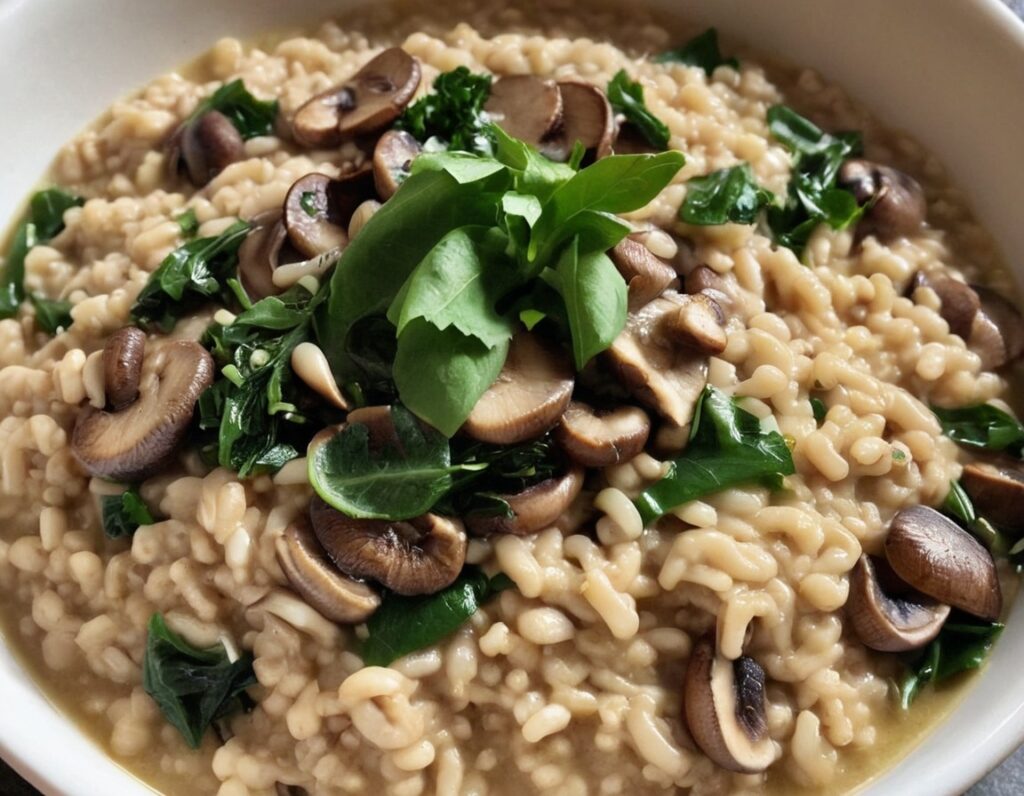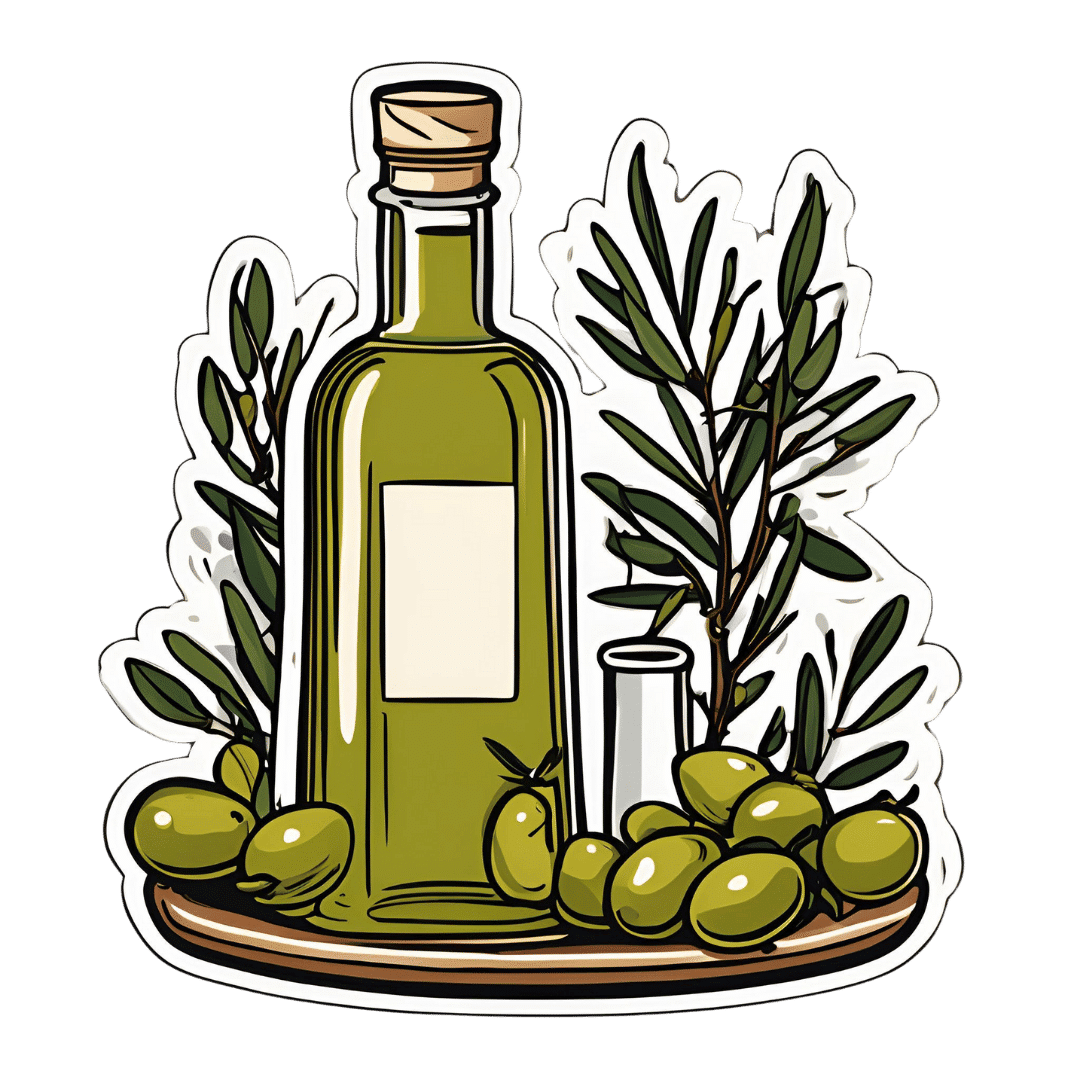
All About Olive Oil
10almonds is reader-supported. We may, at no cost to you, receive a portion of sales if you purchase a product through a link in this article.
It’s Q&A Day at 10almonds!
Have a question or a request? We love to hear from you!
In cases where we’ve already covered something, we might link to what we wrote before, but will always be happy to revisit any of our topics again in the future too—there’s always more to say!
As ever: if the question/request can be answered briefly, we’ll do it here in our Q&A Thursday edition. If not, we’ll make a main feature of it shortly afterwards!
So, no question/request too big or small 😎
❝Skip the video & tell more about olive oil please.❞
We love requests!
We can’t really do anti-requests (e.g. “skip the video”) because for every one person who doesn’t care for one particular element of the newsletter, there will be thousands who do—and indeed, the video segment is a popular one, so it will certainly remain.
However! Let us reassure you that you personally are not obliged to watch the video if you don’t want to 🙂 In fact, our general hope with 10almonds is that there will be at least one feature that is of value to each reader, each day.
Writer’s note: I’m a very bookish person, and in honesty do not love videos personally either. You know what I do love though? Olive oil. So let’s get onto that 😎
Why olive oil?
Let’s quickly address the taste/culinary side of things first, and then spend more time on the health aspects. Olive oil’s strong punchy flavor (as oils go, anyway) makes it a big winner with those of us who love strong punchy flavors. However, it does mean that it can overwhelm some more delicate dishes if one isn’t careful, meaning that it’s not perfect for everything all the time.
Healthwise, olive oil is one of the healthiest oils around, along with avocado oil. In fact, we compared them previously:
Avocado Oil vs Olive Oil – Which is Healthier?
…and it’s worth noting that their (excellent) lipids profiles are very similar, meaning that the main factor between them is that olive oil usually retains vitamins that avocado oil doesn’t.
Meanwhile, another popular contender for “healthy oil” is coconut oil, but this doesn’t have nearly as unambiguously good a lipids profile, because of coconut oil’s high saturated fat content—though lauric acid can have a cardioprotective effect, so the jury is out on that one:
Olive Oil vs Coconut Oil – Which is Healthier?
Interestingly, this article from The Conversation considered seed oils (canola, sunflower, sesame) to be next-best options:
I can’t afford olive oil. What else can I use?
…but it’s worth noting that the way those seed oils are made varies a lot from country to country, and can affect their health impact considerably.
It’s not just about the fats
Olives, especially green olives with their stronger more pungent flavor, are rich in assorted polyphenols that have many health-giving properties:
Black Olives vs Green Olives – Which is Healthier
…and olive oil is almost always made from green olives. Note that while we picked black olives in the above comparison, that’s mainly because green olives are “cured” for longer and thus are much higher in sodium… Which, guess what, isn’t in olive oil, so with olive oil we can enjoy all of the polyphenols with almost none of the sodium!
Let’s talk virginity
When it comes to olive oil, definitely not everything labelled as olive oil in the supermarket is of the same quality. Mostly, however, it’s not whether it’s “extra virgin” (i.e. the oil from the first mechanical pressing) or not that actually makes the biggest health difference, so much as that olive oils are often adulterated with other cheaper oils, so it’s important to check labels for that, even when they say “extra virgin”, in case it’s something like:
a blend of
EXTRA VIRGIN OLIVE OIL
and other oils
We talk about this, and the various different levels of quality of olive oil and how you can tell them apart for yourself in the supermarket (and be wise to the ways they may try to trick you), here:
What to enjoy it with?
Olive oil is the single largest source of fat in the Mediterranean diet, and by that we mean not just “food that is eaten in the Mediterranean”, but rather, the well-defined dietary approach that has for a long time now been considered “the gold standard” of what a healthy diet looks like, scientifically. You can read more about what is and isn’t included in the definition, here:
Mediterranean Diet: What Is It Good For? ← what isn’t it good for!
Enjoy!
Don’t Forget…
Did you arrive here from our newsletter? Don’t forget to return to the email to continue learning!
Recommended
Learn to Age Gracefully
Join the 98k+ American women taking control of their health & aging with our 100% free (and fun!) daily emails:
-
The Oh She Glows Cookbook – by Angela Liddon
10almonds is reader-supported. We may, at no cost to you, receive a portion of sales if you purchase a product through a link in this article.
Let’s get the criticism out of the way first: notwithstanding the subtitle promising over 100 recipes, there are about 80-odd here, if we discount recipes that are no-brainer things like smoothies, sides such as for example “roasted garlic”, or meta-ingredients such as oat flour (instructions: blend the oats and you get oat flour).
The other criticism is more subjective: if you are like this reviewer, you will want to add more seasonings than recommended to most of the recipes. But that’s easy enough to do.
As for the rest: this is a very healthy cookbook, and quite wide-ranging and versatile, with recipes that are homely, with a lot of emphasis on comfort foods (but still, healthy), though certainly some are perfectly worthy of entertaining too.
A nice bonus of this book is that it offers a lot of available substitutions (much like we do at 10almonds), and also ways of turning the recipe into something else entirely with just a small change. This trait more than makes up for the slight swindle in terms of number of recipes, since some of the recipes have bonus recipes snuck in.
Bottom line: if you’d like to broaden your plant-based cooking range, this book is a fine option for expanding your repertoire.
Click here to check out The Oh She Glows Cookbook, and indeed glow!
Share This Post
-
Seed Saving Secrets – by Alice Mirren
10almonds is reader-supported. We may, at no cost to you, receive a portion of sales if you purchase a product through a link in this article.
We all know that home-grown is best, and yet many of us are not exactly farmers (this reviewer tries with mixed results—hardy crops survive; others, not so much). While it’s easy to blame the acidic soil, the harsh climate, or not having enough time and money (this reviewer blames all of the above), the fact remains that a skilled gardener can produce a good crop in any conditions.
That’s where this book helps; right from the beginning, from the seeds. Have you ever bought a pack of seeds, excitedly sown them, and then had a germination rate of zero or something close to that (this reviewer has)?
Alice Mirren takes us on a tour of how to save seeds from plants you know are regionally viable (not the product of some vast globalized industry that doesn’t know you live in an ancient bog with a cold south-east wind blowing in from Siberia), and then how to care for and curate them, how to store them for future years, how to keep a self-perpetuating seed bank.
She goes beyond that, though. Regular 10almonds readers might remember about the supercentenarian “Blue Zones”, and how big factors in healthy longevity include community and purpose; Mirren advocates for organizing community seed banks, which will also mean that everyone (including you) has access to much more diverse seeds, and when it comes to the perils of natural selection, diversity means survival. Otherwise, if you have just one seed type, a single blight can wipe out everything pretty much overnight.
Bottom line: if you grow your own food or would like to, this is a “bible of…” level book that you absolutely should have to hand.
Click here to check out Seed Saving Secrets, and see the results in your kitchen and on your plate!
Share This Post
-
Unprocessed – by Kimberly Wilson
10almonds is reader-supported. We may, at no cost to you, receive a portion of sales if you purchase a product through a link in this article.
First, what this is not: hundreds of pages to say “eat less processed food”. That is, of course, also advisable (and indeed, is advised in the book too), but there’s a lot more going on here too.
Though not a doctor, the author is a psychologist who brings a lot of data to the table, especially when it comes to the neurophysiology at hand, what forgotten micronutrients many people are lacking, and what trends in society worsen these deficiencies in the population at large.
If you only care about the broadest of take-away advice, it is: eat a diet that’s mostly minimally processed plants and some oily fish, watch out for certain deficiencies in particular, and increase dietary intake of them where necessary (with taking supplements as a respectable next-best remedy).
On which note, a point of criticism is that there’s some incorrect information about veganism and brain health; she mentions that DHA is only found in fish (in fact, fish get it from algae, which has it, and is the basis of many vegan omega-3 supplements), and the B12 is found only in animals (also found in yeast, which is not an animal, as well as various bacteria in soil, and farm animals get their B12 from supplements these days anyway, so it is arguable that we could keep things simpler by just cutting out the middlecow).
However, the strength of this book really is in the delivery of understanding about why certain things matter. If you’re told “such-and-such is good for the brain”, you’ll up your intake for 1–60 days, depending on whether you bought a supermarket item or ordered a batch of supplements. And then you’ll forget, until 6–12 months later, and you’ll do it again. On the other hand, if you understand how something is good or bad for the brain, what it does (for good or ill) on a cellular level, the chemistry and neurophysiology at hand, you’ll make new habits for life.
The style is middle-range pop-science; by this we mean there are tables of data and some long words that are difficult to pronounce, but also it’s not just hard science throughout—there’s (as one might expect from an author who is a psychologist) a lot about the psychology and sociology of why many people make poor dietary decisions, and the things governments often do (or omit doing) that affect this adversely—and how we can avoid those traps as individuals (unless we be incarcerated or such).
As an aside, the author is British, so governmental examples are mostly UK-based, but it doesn’t take a lot to mentally measure that against what the governments of, for example, the US or Canada do the same or differently.
Bottom line: there’s a lot of great information about brain health here; the strongest parts are whether the author stays within her field (psychology encompasses such diverse topics as neurophysiology and aspects of sociology, but not microbiology, for example). If you want to learn about the physiology of brain health and enjoy quite a sociopolitical ride along the way, this one’s a good one for that.
Click here to check out Unprocessed, and make the best choices for you!
Share This Post
Related Posts
-
Superfood Kale & Dill Pâté
10almonds is reader-supported. We may, at no cost to you, receive a portion of sales if you purchase a product through a link in this article.
Most of us could do with eating more greens a lot of the time, but it’s not always easy to include them. This kale and dill pâté brings a healthy dose of green in luxurious style, along with abundant phytochemicals and more!
You will need
- 2 handfuls kale, stalks removed
- 1 cup soft cheese (you can use our Healthy Plant-Based Cream Cheese recipe if you like)
- 2 tbsp fresh dill, chopped
- 1 tsp capers
- 1 tsp black pepper, coarse ground
- ½ tsp MSG, or 1 tsp low-sodium salt
Method
(we suggest you read everything at least once before doing anything)
1) Steam the kale for about 5 minutes or until wilted and soft. Run under cold water to halt the cooking process.
2) Combine all the ingredients, including the kale you just blanched, in a food processor and blitz to make a smooth pâté.
3) Serve with oatcakes or vegetable sticks, or keep in the fridge to enjoy it later:
Enjoy!
Want to learn more?
For those interested in some of the science of what we have going on today:
Take care!
Don’t Forget…
Did you arrive here from our newsletter? Don’t forget to return to the email to continue learning!
Learn to Age Gracefully
Join the 98k+ American women taking control of their health & aging with our 100% free (and fun!) daily emails:
-
Guinness Is Good For You*
10almonds is reader-supported. We may, at no cost to you, receive a portion of sales if you purchase a product through a link in this article.
Guinness Is Good For You*
*This is our myth-buster edition, so maybe best not take that at face value!
To this day, writing the words “Guinness is” into Google will autocomplete to “Guinness is good for you”. The ad campaign proclaiming such launched about a hundred years ago, and was based on Guinness as it was when it was launched another hundred years before that.
Needless to say, none of this was based on modern science.
Is there any grain of truth?
Perhaps its strongest health claim, in terms of what stands up to modern scrutiny, is that it does contain some B vitamins. Famously (as it was once given to pregnant women in Ireland on the strength of such) it contains folate (also known as Vitamin B9). How much?
A 15oz glass of Guinness contains 12.8µg of folate, which is 3.2% of the RDA. In other words, you could get all the folate your body needs by drinking just 32 glasses of Guinness per day.
With that in mind, you might want to get the non-alcoholic version!
“I heard you could live on just Guinness and oranges, because it contains everything but vitamin C?”
The real question is: how long could you live? Otherwise, a facetious answer here could be akin to the “fun fact” that you can drink lava… once.
Guinness is missing many essential amino acids and fatty acids, several vitamins, and many minerals. Exactly what it’s missing may vary slightly from region to region, as while the broad recipe is the same, some processes add or remove some extra micronutrients.
As to what you’d die of first, for obvious reasons there have been no studies done on this, but our money would be on liver failure.
It would also wreak absolute havoc with your kidneys, but kidneys are tricky beasts—you can be down to 10% functionality and unaware that anything’s wrong yet. So we think liver failure would get you first.
(Need that 0.0% alcohol Guinness link again? Here it is)
Fun fact: Top contender in the category of “whole food” is actually seaweed (make sure you don’t get too much iodine, though)!
Or, should we say, top natural contender. Because foods that have been designed by humans to contain everything we need and more for optimized health, such as Huel, do exactly what they say on the tin.
And in case you’re curious…
Read: what bare minimum nutrients do you really need, to survive?
Don’t Forget…
Did you arrive here from our newsletter? Don’t forget to return to the email to continue learning!
Learn to Age Gracefully
Join the 98k+ American women taking control of their health & aging with our 100% free (and fun!) daily emails:
-
Luxurious Longevity Risotto
10almonds is reader-supported. We may, at no cost to you, receive a portion of sales if you purchase a product through a link in this article.
Pearl barley is not only tasty and fiber-rich, but also, it contains propionic acid, which lowers cholesterol. The fiber content also lowers cholesterol too, of course, by the usual mechanism. The dish’s health benefits don’t end there, though; check out the science section at the end of the recipe!
You will need
- 2 cups pearl barley
- 3 cups sliced chestnut mushrooms
- 2 onions, finely chopped
- 6 large leaves collard greens, shredded
- ½ bulb garlic, finely chopped
- 8 spring onions, sliced
- 1½ quarts low-sodium vegetable stock
- 2 tbsp nutritional yeast
- 1 tbsp chia seeds
- 1 tbsp black pepper, coarse ground
- 1 tsp MSG or 2 tsp low-sodium salt
- 1 tsp rosemary
- 1 tsp thyme
- Extra virgin olive oil, for cooking
- Optional garnish: fresh basil leaves
Method
(we suggest you read everything at least once before doing anything)
1) Heat a little oil in a large sauté pan; add the onions and garlic and cook for 5 minutes; add the mushrooms and cook for another 5 minutes.
2) Add the pearl barley and a cup of the vegetable stock. Cook, stirring, until the liquid is nearly all absorbed, and add more stock every few minutes, as per any other risotto. You may or may not use all the stock you had ready. Pearl barley takes longer to cook than rice, so be patient—it’ll be worth the wait!
Alternative: an alternative is to use a slow cooker, adding a quart of the stock at once and coming back about 4 hours later—thus, it’ll take a lot longer, but will require minimal/no supervision.
3) When the pearl barley has softened, become pearl-like, and the dish is taking on a creamy texture, stir in the rest of the ingredients. Once the greens have softened, the dish is done, and it’s time to serve. Add the garnish if using one:
Enjoy!
Want to learn more?
For those interested in some of the science of what we have going on today:
- The Magic Of Mushrooms: “The Longevity Vitamin” (That’s Not A Vitamin)
- The Many Health Benefits Of Garlic
- Chia: The Tiniest Seeds With The Most Value
- Black Pepper’s Impressive Anti-Cancer Arsenal (And More)
- Monosodium Glutamate: Sinless Flavor-Enhancer Or Terrible Health Risk?
Take care!
Don’t Forget…
Did you arrive here from our newsletter? Don’t forget to return to the email to continue learning!
Learn to Age Gracefully
Join the 98k+ American women taking control of their health & aging with our 100% free (and fun!) daily emails:


